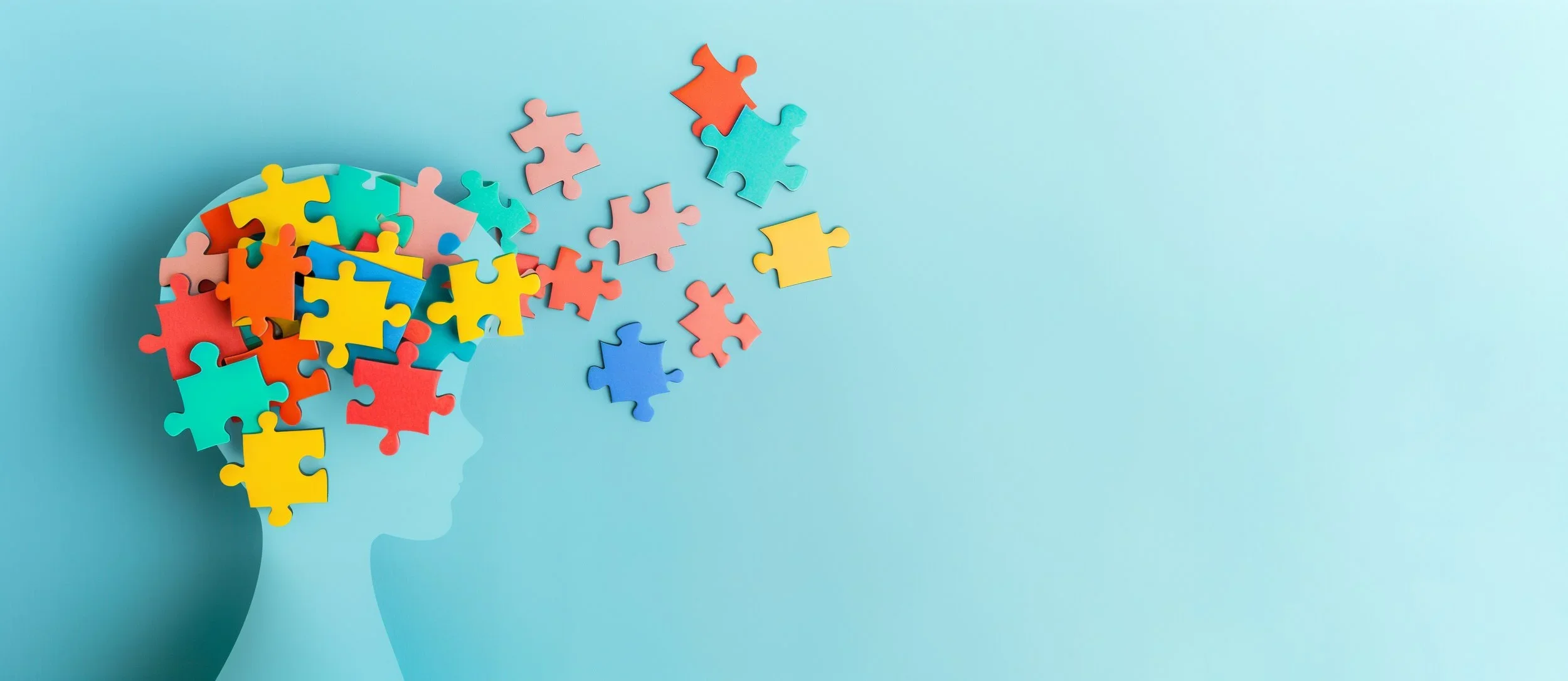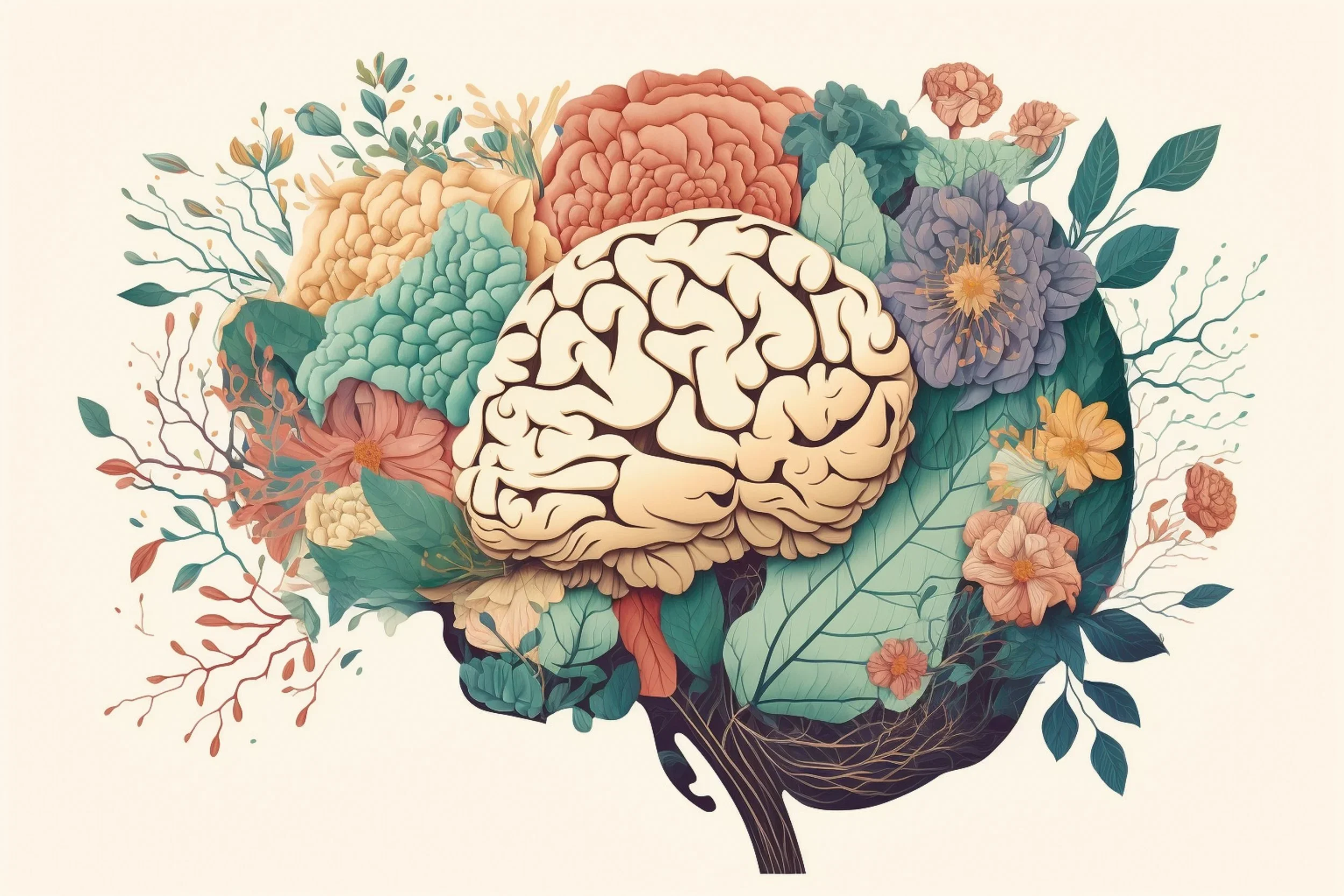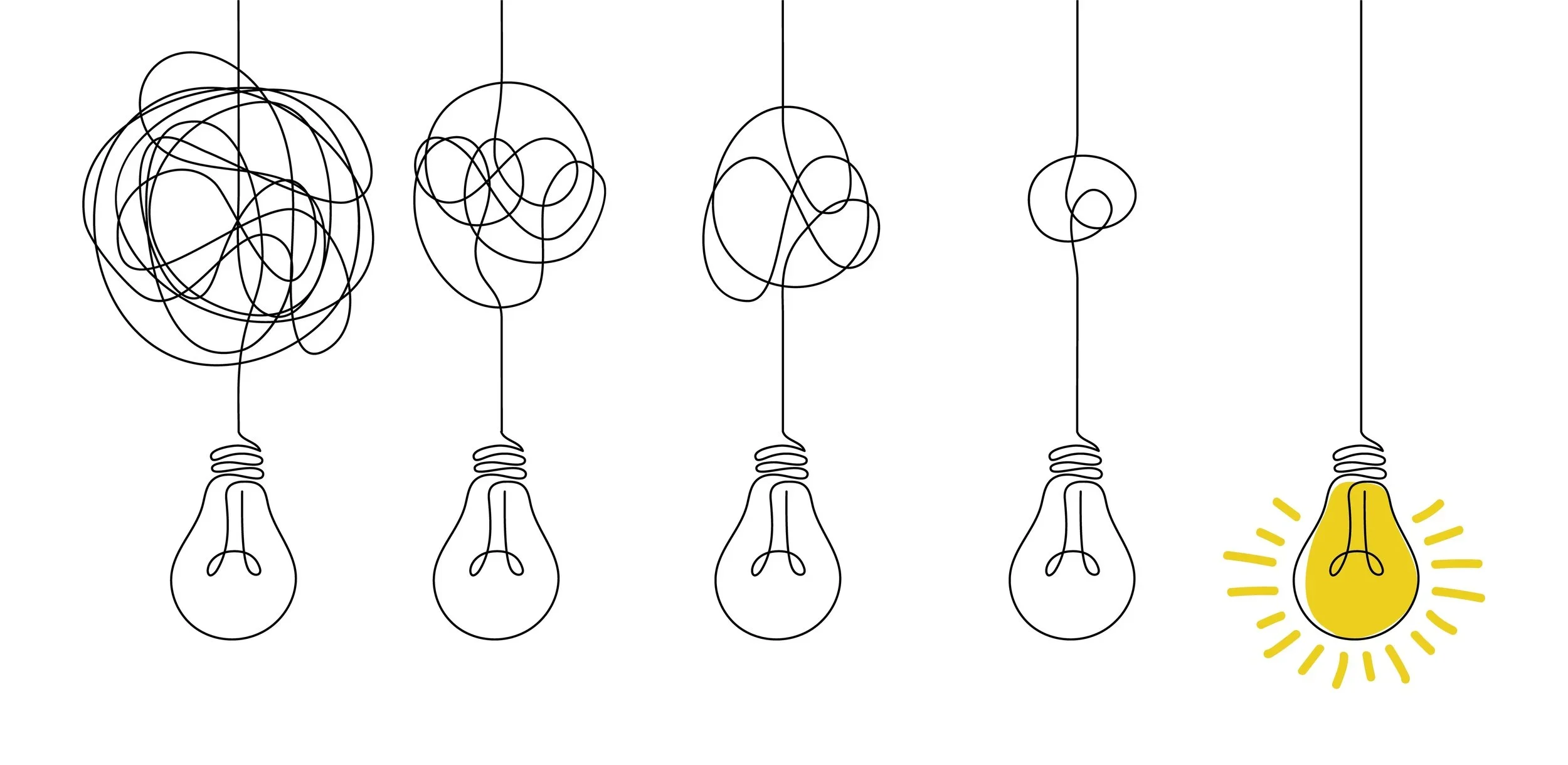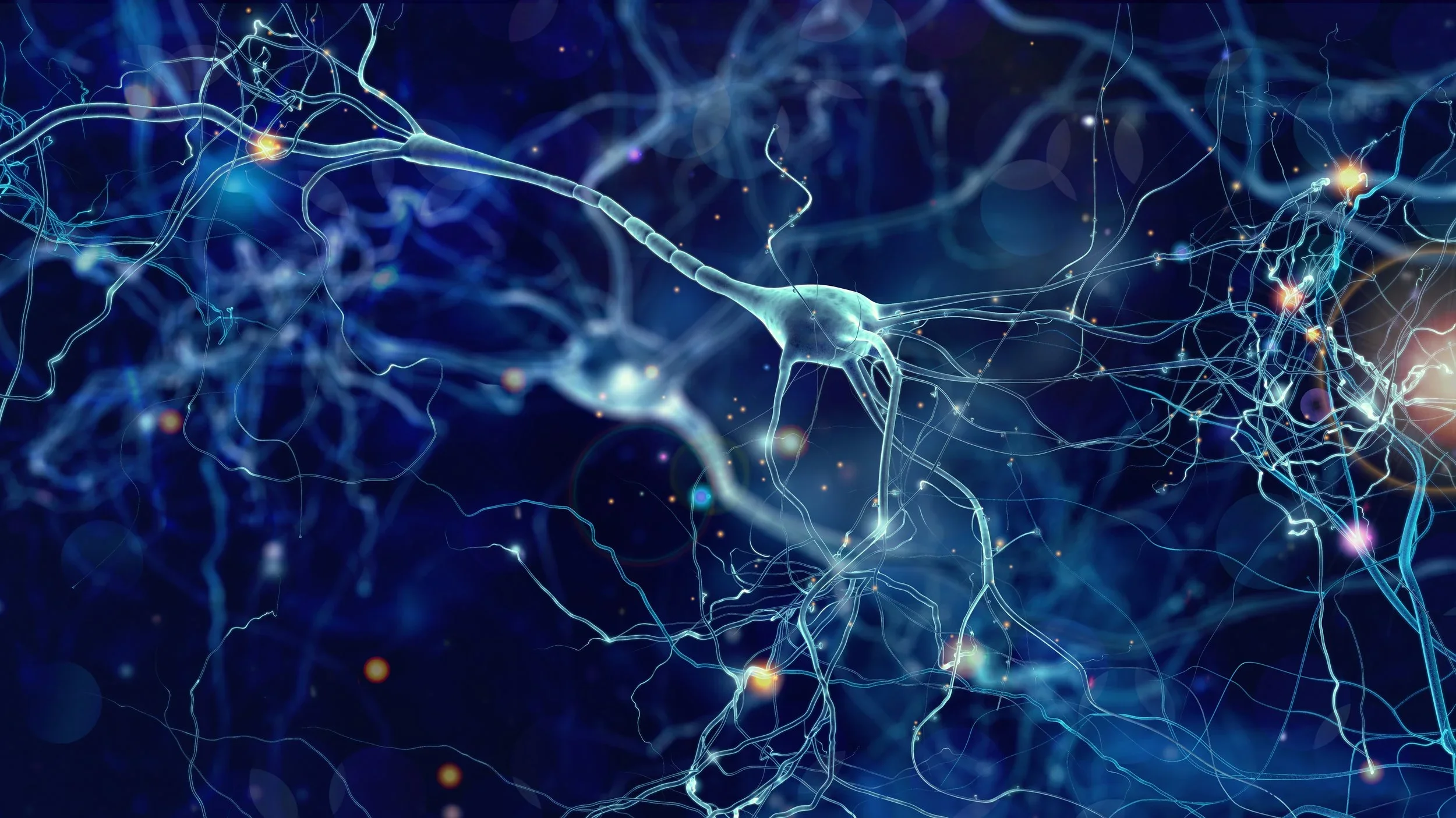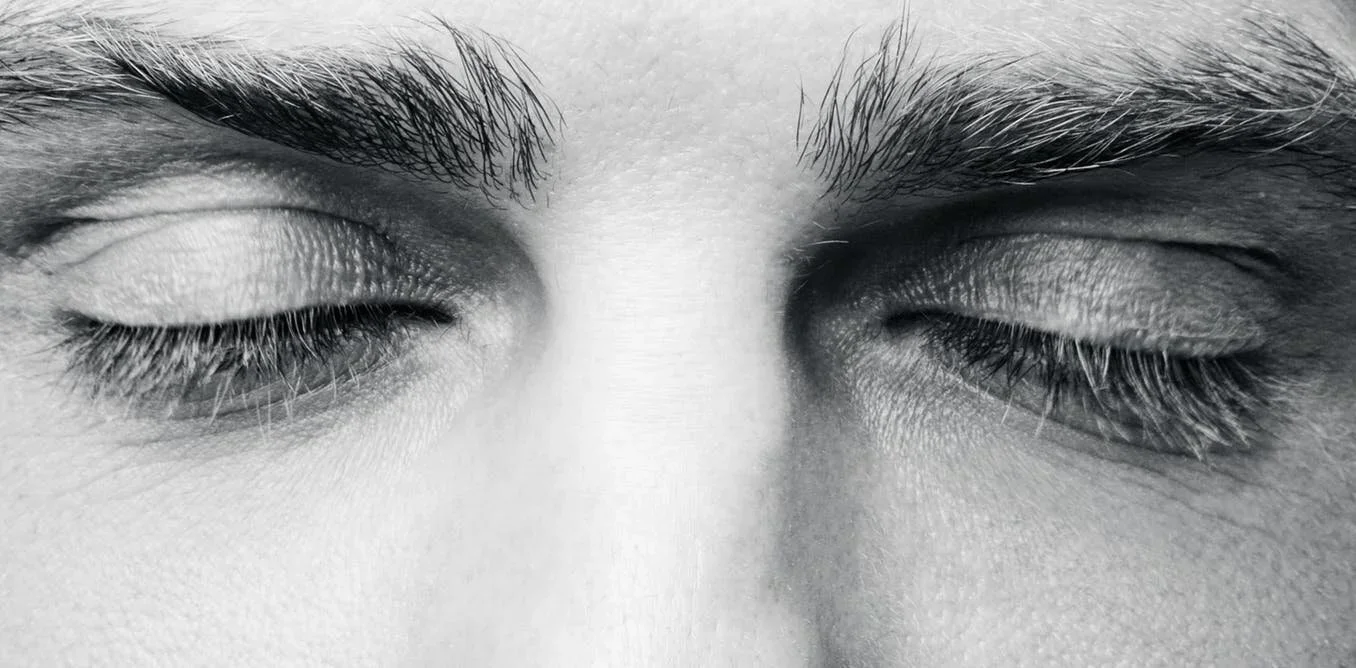The Psychology of Being
A blog dedicated to demystifying how we think, feel, and heal.
Is Depression Always a Disorder? Rethinking “Developmental Depression” as a Pathway to Growth
Depression is often understood in purely clinical terms—a mental illness to be diagnosed, pathologized, and medicated. But what if that’s not the whole story?
Intergenerational Transmission of Trauma: Genes, Epigenetics, and the Power of Family Systems
Trauma appears to be far more transmitted through nurture, environment, and relational modeling than through genetic inheritance alone.
ADHD or cPTSD: Rethinking the Origins of Attention Struggles
Emerging research reveals that many ADHD-like symptoms may actually stem from unresolved trauma, highlighting the crucial overlap between ADHD and complex PTSD and the need for trauma-informed approaches to attention and emotional regulation.
The Language of Trauma: Unveiling the Body's Narrative
Approaches such as Somatic Experiencing and Sensorimotor Psychotherapy enable individuals to explore the sensory and physiological aspects of trauma, providing a safe space for the body to release stored tension and heal.
Trauma Therapy and Overcoming Common Barriers to Treatment
Many people hesitate to begin therapy out of fear of the unknown or revisiting old wounds. Trauma-informed therapy helps ease these fears by creating a foundation of safety, empathy, and trust—allowing individuals to explore their past at a pace that feels secure and supported.
Advancements in Trauma-Focused Psychotherapy
Over the past few decades, our understanding of trauma and its treatment has evolved dramatically. Trauma is no longer seen as merely a psychological disturbance but as a deeply ingrained experience that lives in the body.
How Can We Heal Attachment Trauma?
If you have experienced trauma in your family of origin, you may find it difficult to trust others or feel close to them. It's important to know there are solutions--effective treatments that can dramatically change the course of your platonic and romantic relationships
Why do our traumas get stuck on repeat?
Trauma patterns repeat because we stay alert to past threats, gravitate toward familiar wounds, and sometimes recreate what we’re trying to avoid. Understanding these loops allows us to break them through trauma-informed healing.
Tools for Sleep Hygiene and Self-Care
Stress and major life transitions often disrupt sleep, but strengthening self-care, improving pre-bed habits, and optimizing your sleep environment can restore rest and emotional resilience.
Flash Technique: A powerful Tool for Processing Trauma Quickly and with Minimal Disturbance
Much of our current anxiety and self-worth struggles stem from unprocessed past experiences, and Flash Technique offers a rapid, safe way to reduce the distress tied to those memories. Research shows it can quickly and significantly lower emotional disturbance.



